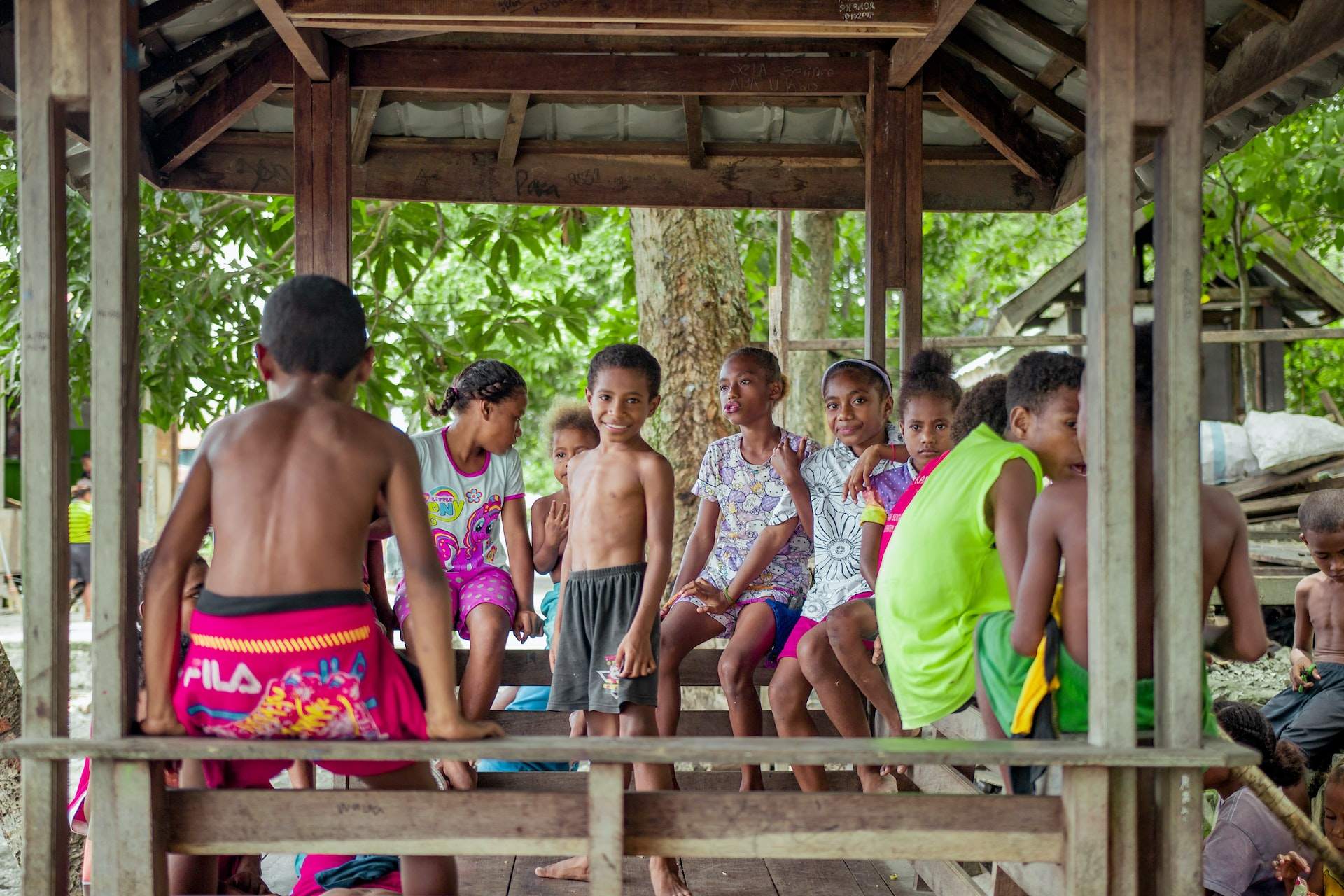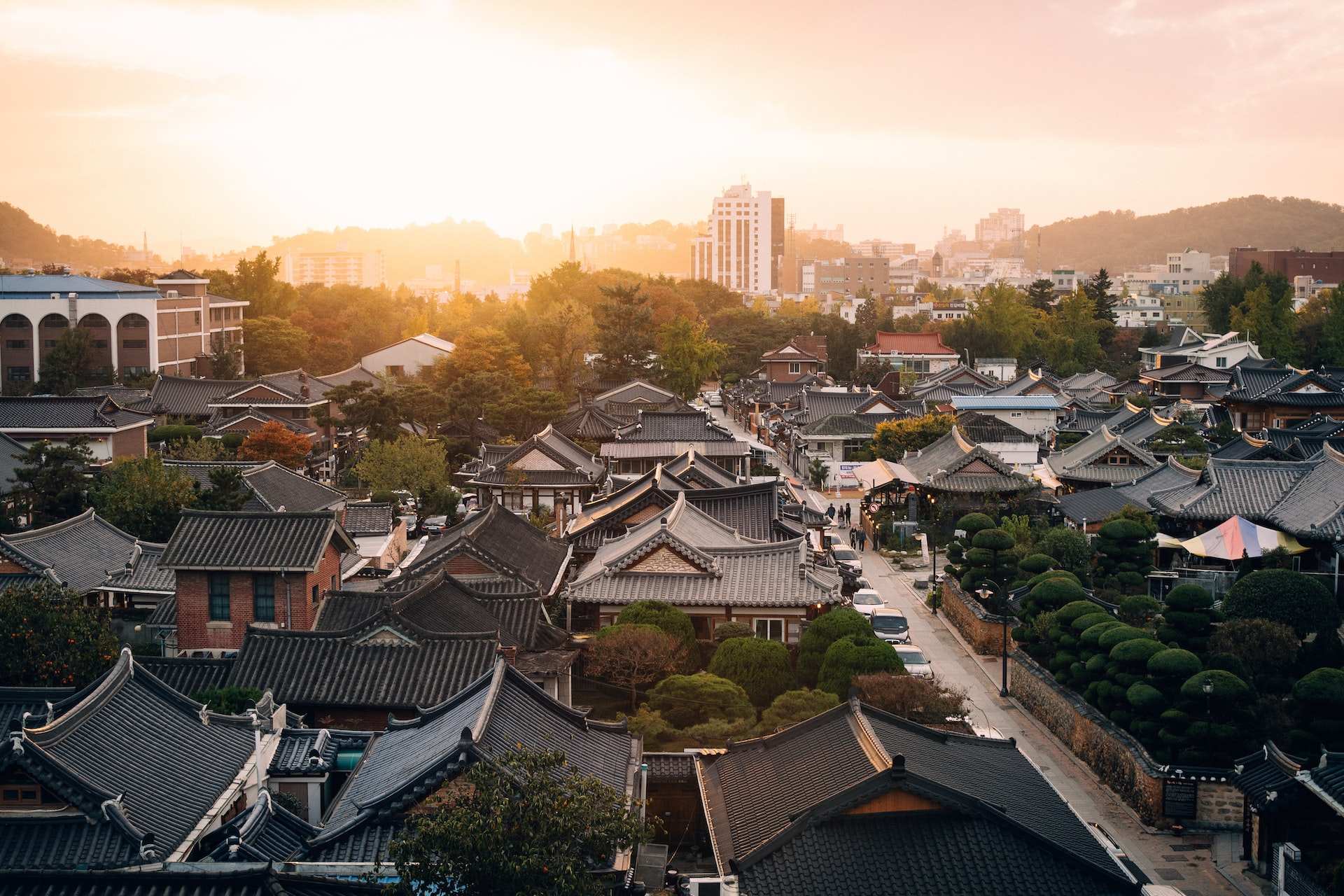Jeju City neighborhoods are known for their natural beauty, cultural heritage, and modern amenities. From bustling city centers to quiet residential areas, Jeju City has something for everyone. Here are some of the most popular neighborhoods in Jeju City.
Seogwipo
Located in the southern part of Jeju Island, Seogwipo is known for its picturesque beaches, waterfalls, and natural parks. The city center is home to a variety of shops, restaurants, and cafes, as well as the Seogwipo Traditional Market, which is a great place to experience the local culture and buy souvenirs. Seogwipo also has a number of historical sites, such as the Cheonjiyeon Waterfall and the Seongeup Folk Village.
Jeju City
Jeju City is the capital of Jeju Island and the main transportation hub. The city center is home to many government buildings, business districts, and cultural institutions. The Jeju City Traditional Market is a must-visit, offering a wide range of local products and foods. The city also has a number of parks and gardens, including the Jeju Children’s Park and the Jeju National Museum.
Seonheul
Seonheul is a quiet residential area located in the north of Jeju City. The neighborhood is known for its traditional houses and scenic walking paths. The Seonheul Traditional Market is a popular spot for local residents to buy fresh produce and other goods. The nearby Seonheul Beach is a great place for swimming and sunbathing.
Jungmun
Jungmun is a popular tourist destination located in the southern part of Jeju Island. The area is known for its natural beauty, including the Jungmun Beach, the Jungmun Daepo Coast, and the Jungmun Saekdal Beach. The Jungmun Tourist Complex is a must-visit, offering a variety of recreational activities and attractions, including a theme park, a casino, and a golf course.
Aewol
Aewol is a small fishing village located on the west coast of Jeju Island. The area is known for its beautiful beaches and scenic walking trails. The Aewol Port is a popular spot for fishing and boat tours. The nearby Aewol Folk Village is a great place to learn about the local culture and history.
Seongsan
Seongsan is a small town located on the east coast of Jeju Island. The area is known for its natural beauty, including the Seongsan Ilchulbong Tuff Cone, a UNESCO World Heritage site, and the Seongsan Sunrise Peak, which offers a beautiful view of the sunrise. The Seongsan Traditional Market is a popular spot for local residents to buy fresh seafood and other goods.
Gujwa
Gujwa is a small town located in the northern part of Jeju Island. The area is known for its natural beauty, including the Gujwa Beach and the Gujwa-eup Forest. The Gujwa Traditional Market is a popular spot for local residents to buy fresh produce and other goods. The nearby Gujwa-eup Folk Village is a great place to learn about the local culture and history.
Dongmun
Dongmun is a bustling market area located in the center of Jeju City. The area is known for its traditional market,which offers a wide variety of local products, including fresh seafood, fruits, and vegetables. The market is a great place to experience the local culture and try traditional Jeju Island dishes. The nearby Dongmun Traditional Street is also a popular spot for shopping and dining. The area also has a number of historical sites, such as the Jeju Island Folklore & Natural History Museum, which offers an interesting glimpse into the island’s past.
Sancheon
Sancheon is a small town located in the southern part of Jeju Island. The area is known for its natural beauty, including the Sancheon Beach and the Sancheon Saengsan Ilchulbong. The Sancheon Traditional Market is a popular spot for local residents to buy fresh produce and other goods. The nearby Sancheon Folk Village is a great place to learn about the local culture and history.
Jocheon
Jocheon is a small town located on the east coast of Jeju Island. The area is known for its natural beauty, including the Jocheon Beach and the Jocheon Ilchulbong Tuff Cone. The Jocheon Traditional Market is a popular spot for local residents to buy fresh seafood and other goods. The nearby Jocheon Folk Village is a great place to learn about the local culture and history.
These are just a few examples of the many popular neighborhoods in Jeju City. Whether you’re interested in natural beauty, culture, or modern amenities, Jeju City has something for everyone. With so many neighborhoods to explore, you’re sure to find the perfect place to call home during your visit to this beautiful island.



